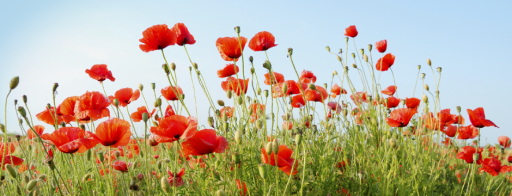Belgium has announced its plans to mark the Centenary of the First World War at regional and national levels.
In a speech in Brussels on the 21st May 2013, the Belgian Prime Minister, Ellio Di Rupo, announced that the “Belgian Federal Government has decided to make significant contribution efforts to the commemorations”.
The Prime Minister stated that all commemorative events in Belgium would focus on three aims: “keeping alive the memory of the First World War, promoting a future of peace and exemplifying international solidarity”.
Three national commemorations were announced after the Prime Minister’s speech:
Liege on 4th August 2014: Commemoration of the invasion of Belgium, with the theme of “resistance to invasion”.
Ypres and Nieuwpoort on 28th October 2014: Commemoration of the 100th anniversary of the Battle of Ypres, with the theme of “refusal to surrender and the flooding of the Yser plain”; “The Soldier King (Albert I) will be honoured”.
Brussels on 11th November 2018: The signing of the Armistice, with the theme of “the end of the war, the return to peace and reconstruction”.
The Prime Minster emphasised how “every single Belgian family, whether it be Flemish, Walloon or from Brussels, was profoundly marked by the First World War”, and that commemorations would also take place at a federal level to mark key dates:
Mons on 4th August 2014: The United Kingdom’s entry into the war after the violation of Belgian neutrality.
Brussels – Capital Region on 1st January – 31st December 2016: Events will focus on “daily life during the occupation, acts of resistance and the role played by King Albert I and Queen Elisabeth.
Ypres on 22nd April 2014 – 28th May 2015: The Second Battle of Ypres and the first gas attacks will be remembered between 22 April and 28 May 2015.
Passchendaele on 31st July 2017 – 6th November 2017: The deaths of 500,000 people at the Battle of Passchendaele will be commemorated.
Many of the commemorations, both at national and federal levels will have an “international scope” as the Prime Minister recognised the “hundreds of thousands of foreign soldiers from more than fifty nations fought and were killed in our country”.
A call for projects has also been made to coincide with the commemorations of the First World War, with Grant applications to be received by the 14th July 2013.
A series of themes has been identified which the projects should relate to:
Historical, cultural and educational transmission
The fighting
Violence against civilians
The day-to-day challenges in occupied Belgium
Resistance
Remembrance
Commemoration
The types of projects suitable include:
Exhibitions
Publications
Conferences and symposiums
Performances and re-enactments of historical events
Conservation and presentation of the memory-based heritage (archives, works of arts, photography, building etc.)
Educational remembrance projects
Internet websites
A series of “assessment criteria” has also been established for prospective projects which include “innovation”, “remarkability” and “historical and scientific validity and relevance”.
A further initiative, the “city or town affected by acts of war – 14-18” diploma, will be awarded to towns and cities which apply for the status after assessment.
The diploma is intended to “pay tribute to the services of the Belgian cities or towns that were particularly hard-hit by the battles, bombings and massacres that took place during the First World War between 4 August 1914 and 11 November 1918”.
To read the Belgian Prime Minister’s speech, click here.
To read the full details of Belgium’s plans for the Centenary commemorations, click here.
Date of publication: 21/05/2013
Images courtesy of the Belgium 2014-18 website.
Posted by: Daniel Barry, Centenary News
